
A representative of the Chinese Ministry emphasized that if Trump decides to carry out his...

Foreign Ministers of Central Asia Discussed Security Issues in the Region The foreign ministers of...

According to Trump, China's actions, including threats to restrict the export of rare earth...
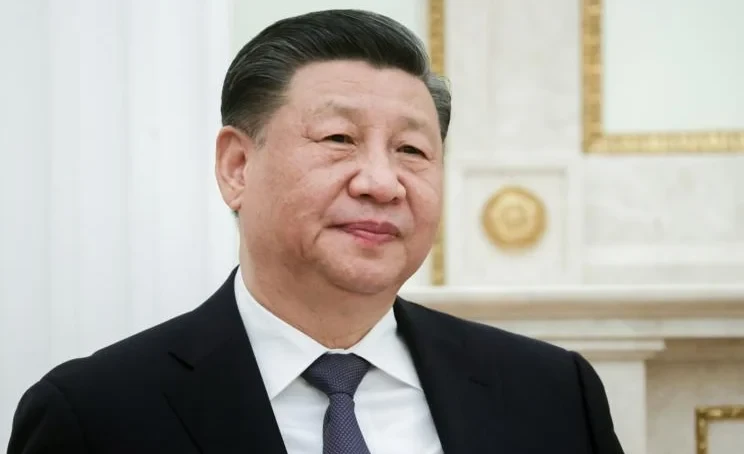
From October 30 to November 1, the Chairman of the People's Republic of China, Xi Jinping,...

The flags of the USA and China against a clear sky symbolize the relationship between the two...

Recently, a ceremonial opening of the Chinese Corner took place at the Central Scientific Library...
According to the EDB report, agrilogistics in Central Asia is developing insufficiently fast...

It has become known that tungsten deposits currently represent significant interest for the United...
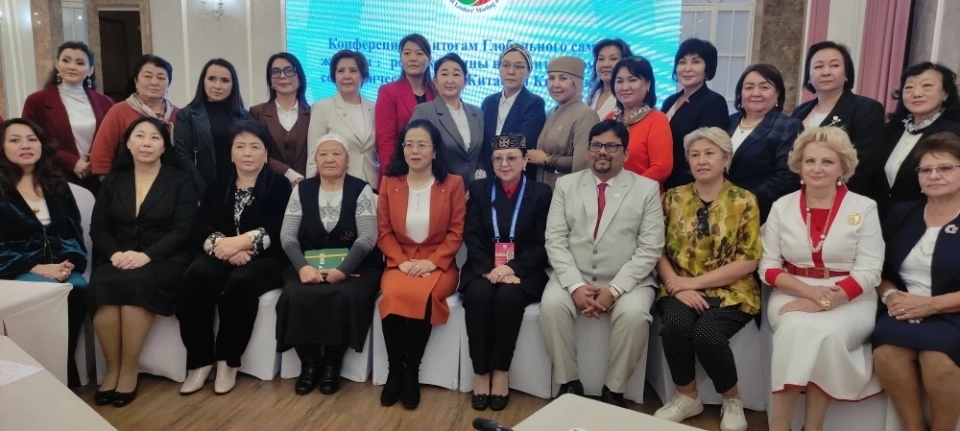
A conference was held in Bishkek dedicated to the results of the Global Women's Summit, which...

In his article, Belov pointed out that significant changes occurred in the freight transportation...
During his Asian tour, which begins in Malaysia, U.S. President Donald Trump informed reporters...

The structure of education in Kyrgyzstan encompasses eight official levels, approved by the Law of...
[img]http://vesti.kg/dаta:image/svg+xml;base64,PHN2ZyB4bWxucz0iaHR0cDovL3d3dy53My5vcmcvMjAwM...
This week, a meeting is expected between the presidents of the United States and China, during...
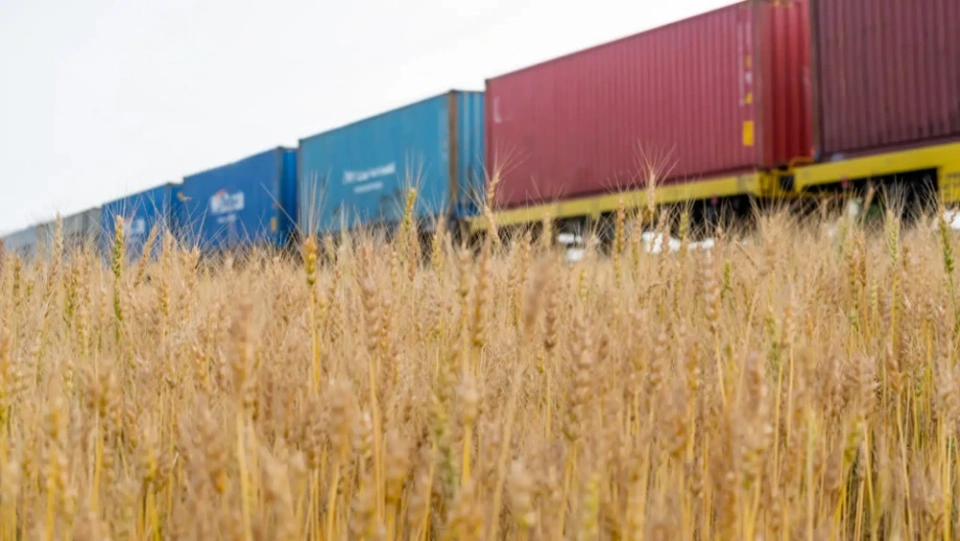
Illustrative photo KTZ noted that in October, the control over grain cargoes by Chinese...

Central Asia has once again found itself in the spotlight of leading regional and non-regional...
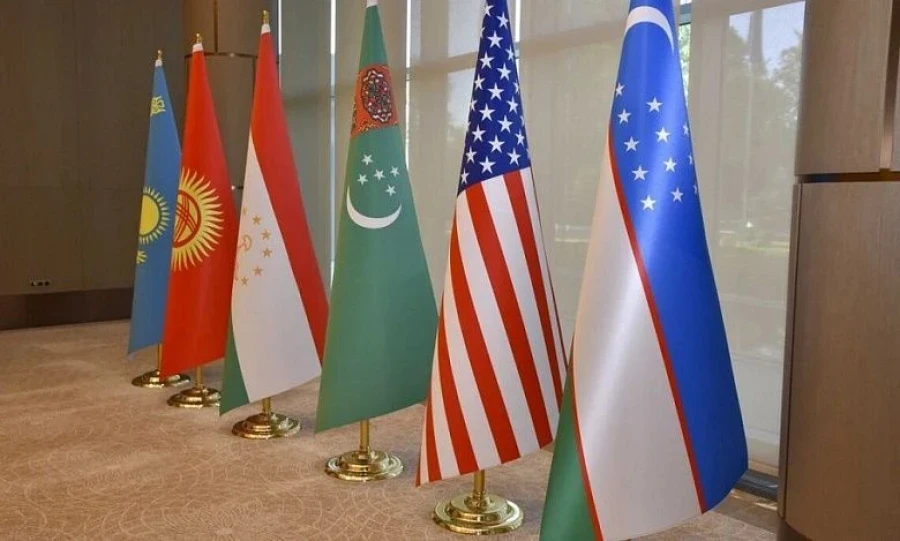
The heads of state of Central Asia have received an invitation from the President of the United...

From April 10 to April 30, 2014, the State Historical Museum of the Kyrgyz Republic will host an...
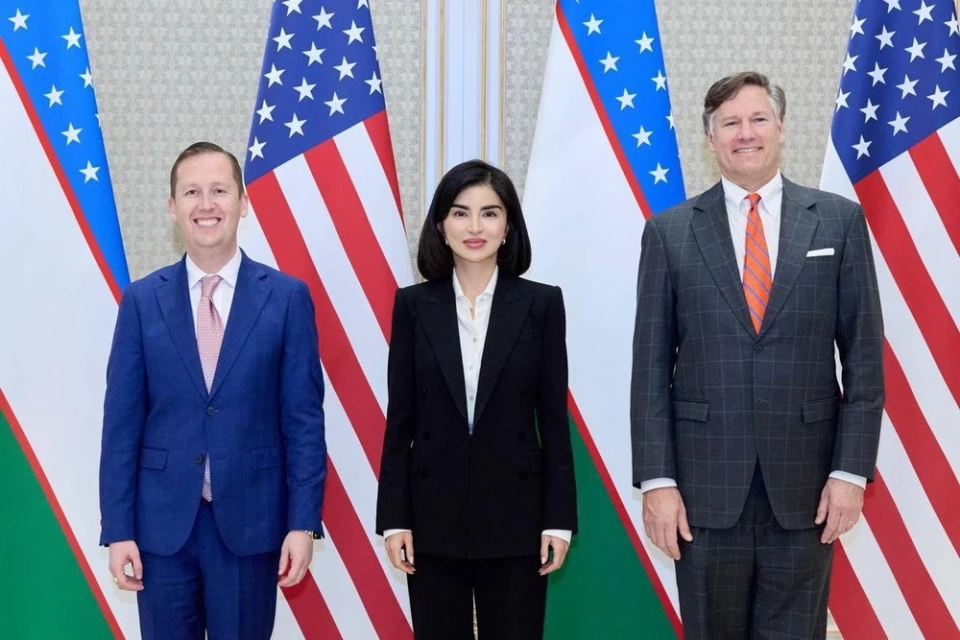
During the meeting, Kun.uz reports, current issues of bilateral relations were discussed,...
In Karakol, on Masaliev Street, formerly known as Fuchik, there is a racetrack covering 44...
In its press release, the Ministry of Foreign Affairs of Kyrgyzstan expressed dissatisfaction with...

Graduates of foreign universities have an advantage The State National Security Committee of the...

In the photo: Kyrgyz ceramicist Jumagul Tashiev showcases his vases in Bishkek in August. The...

At the event, which will take place on October 24, experts from Russia and other countries will...
[img]http://vesti.kg/dаta:image/svg+xml;base64,PHN2ZyB4bWxucz0iaHR0cDovL3d3dy53My5vcmcvMjAwM...

Since its inception, BRICS has not lost a single member; on the contrary, its membership has only...

Reports from China indicate that the country's Ministry of State Security has accused the...
On October 23, the countries of the European Union officially approved a new package of sanctions,...
The IMF has presented its growth forecast for economies around the world, including the Middle East...
According to a statement by Kaia Kallas, head of European diplomacy, the European Union has...

The second line of the Dostyk — Moyinty railway has been opened in Kazakhstan. The country's...
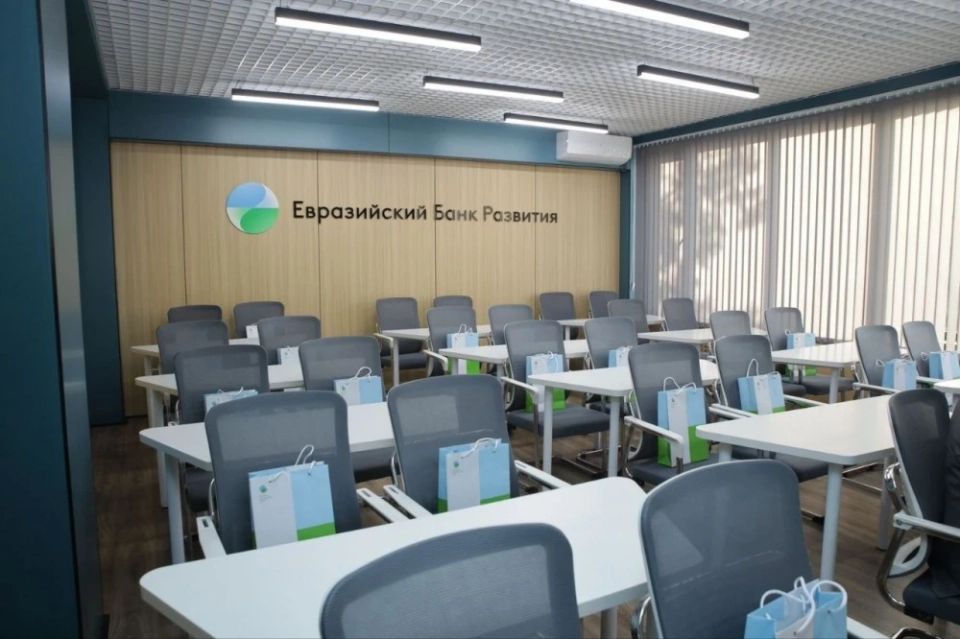
The opening of the auditorium became part of the technical assistance project of the Eurasian...

Iran is considering the possibility of joining the Eurasian Economic Union and also intends to...

The Kyrgyz cultural project Silk Road Fest has unofficially been recognized as the best and has...

October 13 may become a significant day in history when the world saw the "peak of...

At the summit held in Brussels, the leaders of the European Union countries approved the 19th...

Guided by the principles of creating a unified educational space with neighboring countries,...
At the Cultural Center "COS and KOG," an important project titled "Liberation:...
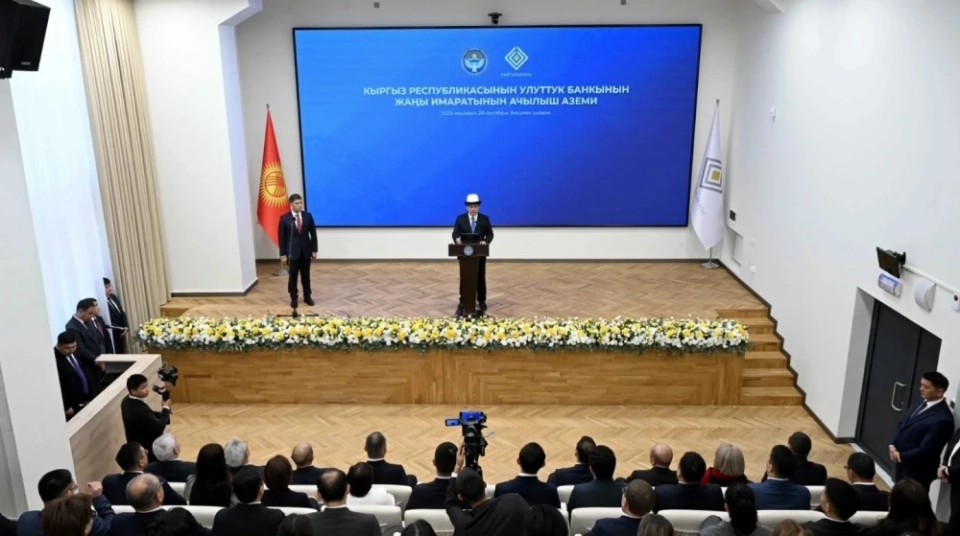
At the opening ceremony of the new building of the National Bank in Bishkek, the President of...

Photo The Sunday Times During the meeting, key aspects of Uzbekistan's strategy in the field...

The founder of Microsoft and renowned billionaire Bill Gates noted that China is demonstrating...

From October 13 to 14, representatives of Kyrgyzstan participated in a two-day ministerial...
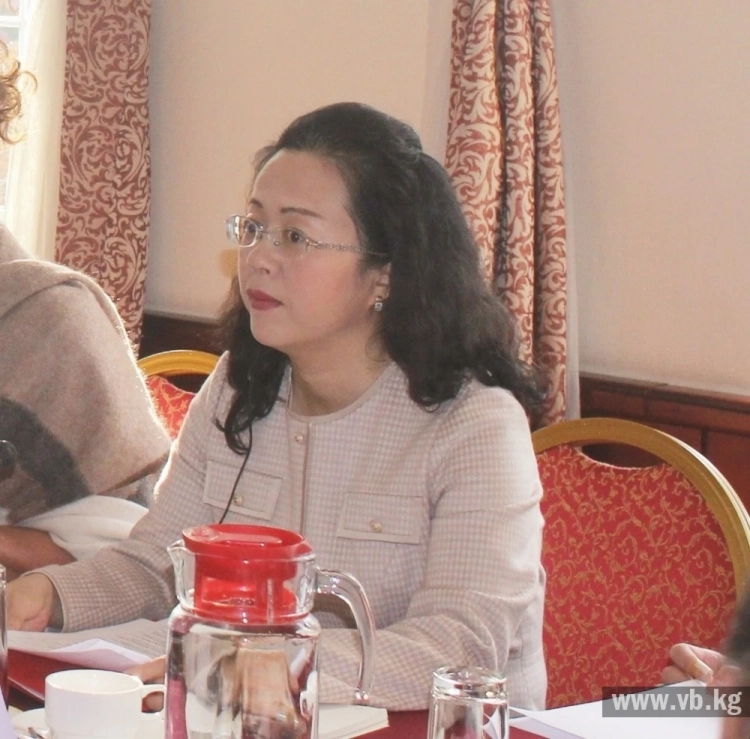
At the national multilateral dialogue "Combating Transport Air Pollution in Kyrgyzstan:...

We do not have data on the development of science and education among the nomadic peoples of...

More and more information is appearing in the media about the fact that due to Russian military...